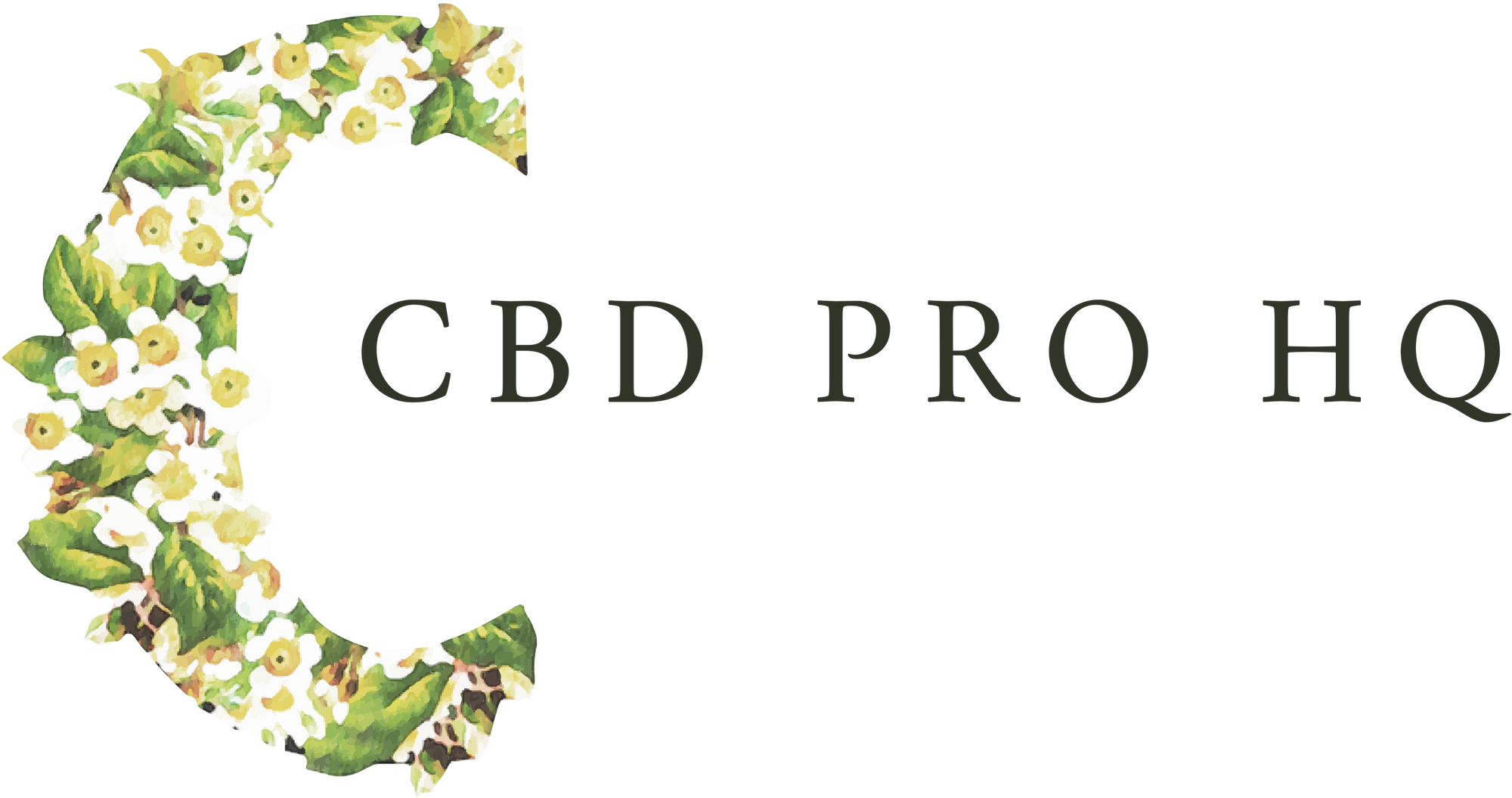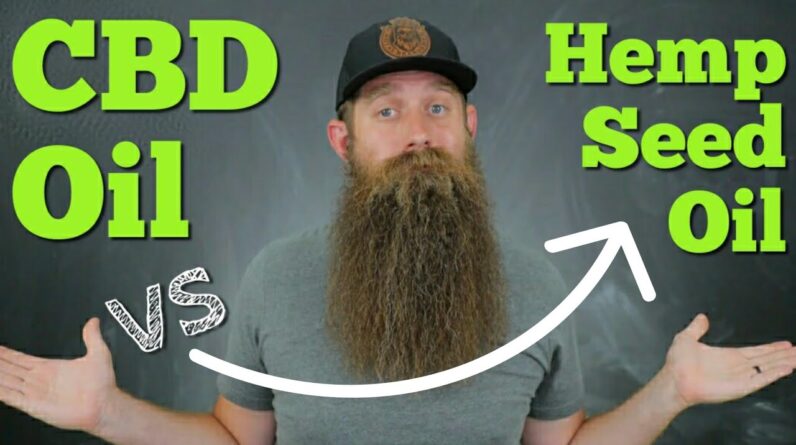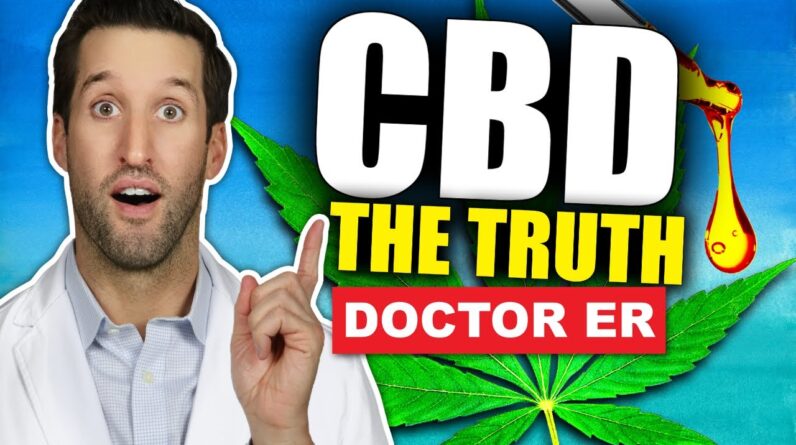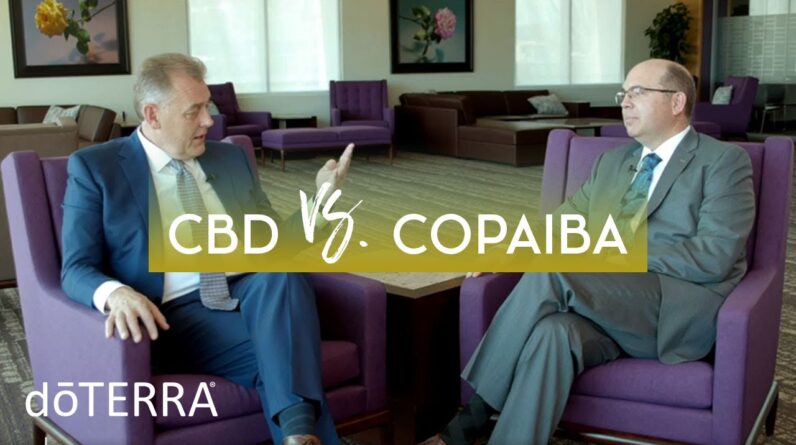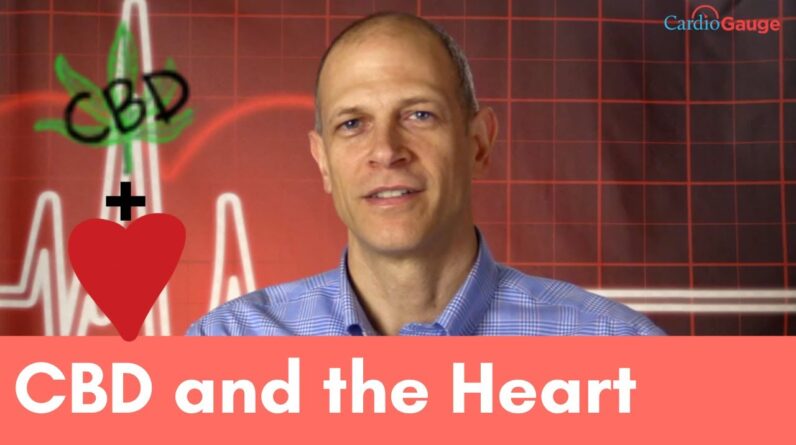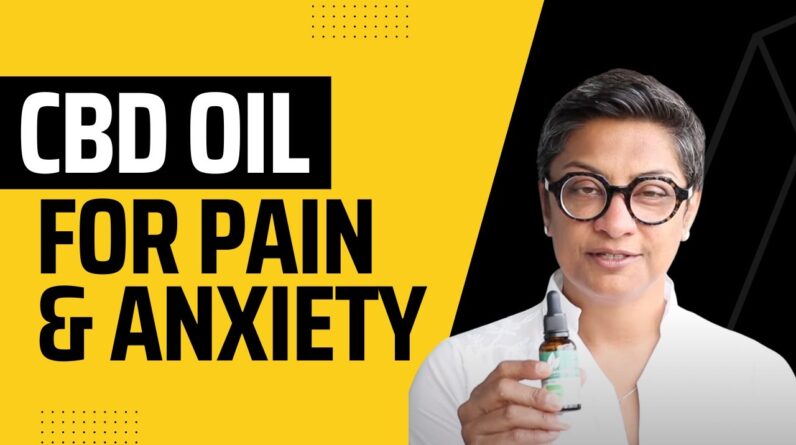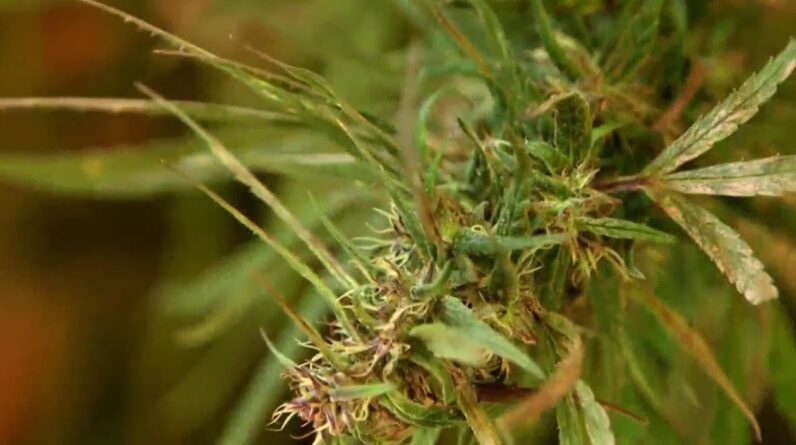
The Buzz Around CBD: Miracle Medicine or Placebo Effect?
Introduction
The world of medicine continually evolves. Emergent therapies and remedies offer potential for healing and relief from ailments. One such notable trend and debate that continues to ripple through the medical community is the use of Cannabidiol, often abbreviated as CBD. Derived from the Cannabis Sativa plant, commonly known as marijuana or hemp, CBD has been sparking a conversation about its credibility and efficacy. Many consumers swear by its therapeutic properties, but some health practitioners remain dubious due to the lack of solid scientific evidence to affirm these claims.
The Birth of the CBD Trend
Tucked away in the serene countryside of Kentucky, behind a crop of corn, is a neat row of hemp plants. This nondescript sight, however, gives rise to a plant thought to harbor remarkable medicinal powers.
About Hemp and CBD
Hemp is a distinct variety of the Cannabis Sativa plant. It contains a notable chemical compound termed CBD. Unlike marijuana, another variant of Cannabis Sativa, CBD does not produce the intoxicating or “high” effect marijuana is infamous for. Despite the notable difference, the plant and its derived products are piquing global popularity, sprouting a newfound interest and curiosity in everything CBD.
CBD’s omnipresence is hard to ignore—it can be found in everyday products like lattes, skincare items, baked goods, even dog treats! However, as the CBD fascination grows among the masses, the level of confusion and skepticism proportionally intensifies. One question looms large: Does CBD work as claimed?
The Debate: CBD’s Efficacy
Arguably, the most crucial question when considering CBD as a treatment option is whether or not it works effectively. Consumers report significant improvements in conditions ranging from anxiety to chronic pain and inflammation. Critics and non-enthusiasts doubt these assertions precisely because they argue scientific proof doesn’t exist.
The situation is a classic case of personal testimonies clashing with scientific skepticism. From Laura Froman’s perspective, who suffered bone-crippling pain after a horse-riding accident, her turn to CBD was life-changing. She considers it a “miracle” and even transformed her farm into a hemp empire, creating and selling CBD products.
In contrast, medical professionals like Dr. Joe Cohen of Colorado have started prescribing CBD to patients for a variety of illnesses but is cautious to promote its uses. Dr. Cohen warns that the hype surrounding CBD does not have sufficient backing from a traditional medical perspective.
Cautious Optimism
Despite the wavering opinions, the US FDA approved the first and only CBD-based medication, Epidiolex, in 2018 as a treatment for two rare and severe forms of epilepsy. This move signaled an open recognition of CBD’s potential therapeutic power. However, it’s worth noting that this development doesn’t prove CBD can effectively treat other conditions.
Is CBD Safe?
Dr. John Torres raises an essential point about CBD’s safety profile. Like any drug or compound, CBD can interact with other medications, resulting in potential side effects. For example, it can affect blood thinners and certain birth control types’ functionalities. Therefore, individuals considering taking CBD products should consult their doctors and pharmacists to prevent harmful interactions.
Conclusion: Navigating the Unknown
The intriguing world of CBD presents a vast array of possibilities stoked by inspiring personal testimonials on one hand while shadowed by a lack of rigorous scientific evidence on the other. Prospective users must remain informed and exercise caution when considering this natural compound. As awareness and scientific research progresses, one can hope that more light will be shed on CBD’s potential and safety profile.
